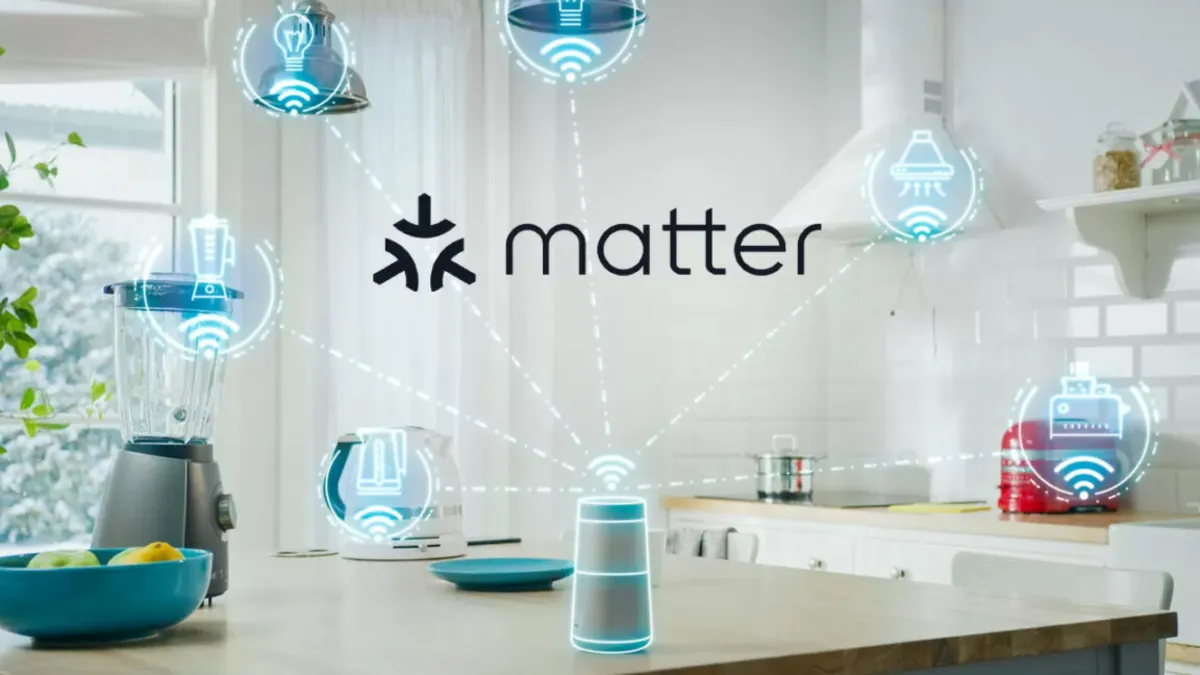
The world of smart home technology is notoriously complex, embodying the XKCD take on standards with its myriad of connectivity options and often incompatible protocols. This chaotic landscape has made it challenging for consumers to navigate and enjoy the benefits of smart devices. However, the introduction of Matter 1.4.1 presents a promising solution to streamline the user experience, making smart home setups less frustrating.
Launched in late 2022, Matter is a universal standard designed to unify the smart home ecosystem. While the first public release of Matter came out last year, true compatibility with various systems only became apparent in 2023. Now, with a range of Matter-certified devices such as smart bulbs and sensors, users can seamlessly integrate their gadgets with major platforms including Apple, Google, and Amazon.
The latest version, Matter 1.4.1, introduces significant enhancements aimed at simplifying the setup process for users. One of the most notable features is the support for multi-device QR codes, allowing manufacturers to include a single QR code in packaging that can pair all included devices with your smart home system at once. This feature is particularly useful when purchasing multi-packs of smart devices, such as light bulbs or smart plugs, which can save you money but often come with tedious setup challenges.
In addition to QR codes, Matter 1.4.1 provides manufacturers the option to embed NFC tags within their smart home devices. This allows users to simply tap their smartphones to connect devices, making it easier to pair gadgets even in hard-to-reach locations where QR codes might be obscured. This enhancement is a game-changer for those who wish to avoid the hassle of complicated setups after installation.
Another significant improvement in Matter 1.4.1 is the revamping of how users interact with terms and conditions during device setup. The new Enhanced Setup Flow allows manufacturers to integrate these legal documents directly into the Matter setup process, eliminating the need for users to switch to separate apps to review terms. This streamlined approach not only enhances user experience but also helps prevent disruptions during device pairing.
Despite the valuable features introduced with Matter 1.4.1, the effectiveness of these enhancements relies on manufacturers producing new devices that comply with this standard. The initial hesitation from companies regarding Matter support appears to be waning, with an increasing number of smart home devices expected to hit the market soon. This momentum towards broader adoption signifies a positive shift in the smart home landscape.
While the value proposition of smart home devices has often been questioned—given the simplicity of traditional options like light switches and deadbolts—the functionality and convenience of smart alternatives cannot be overlooked. With the advancements brought by Matter 1.4.1, the onboarding process for smart home devices is moving closer to eliminating common pain points, making smart living more accessible and enjoyable for everyone.